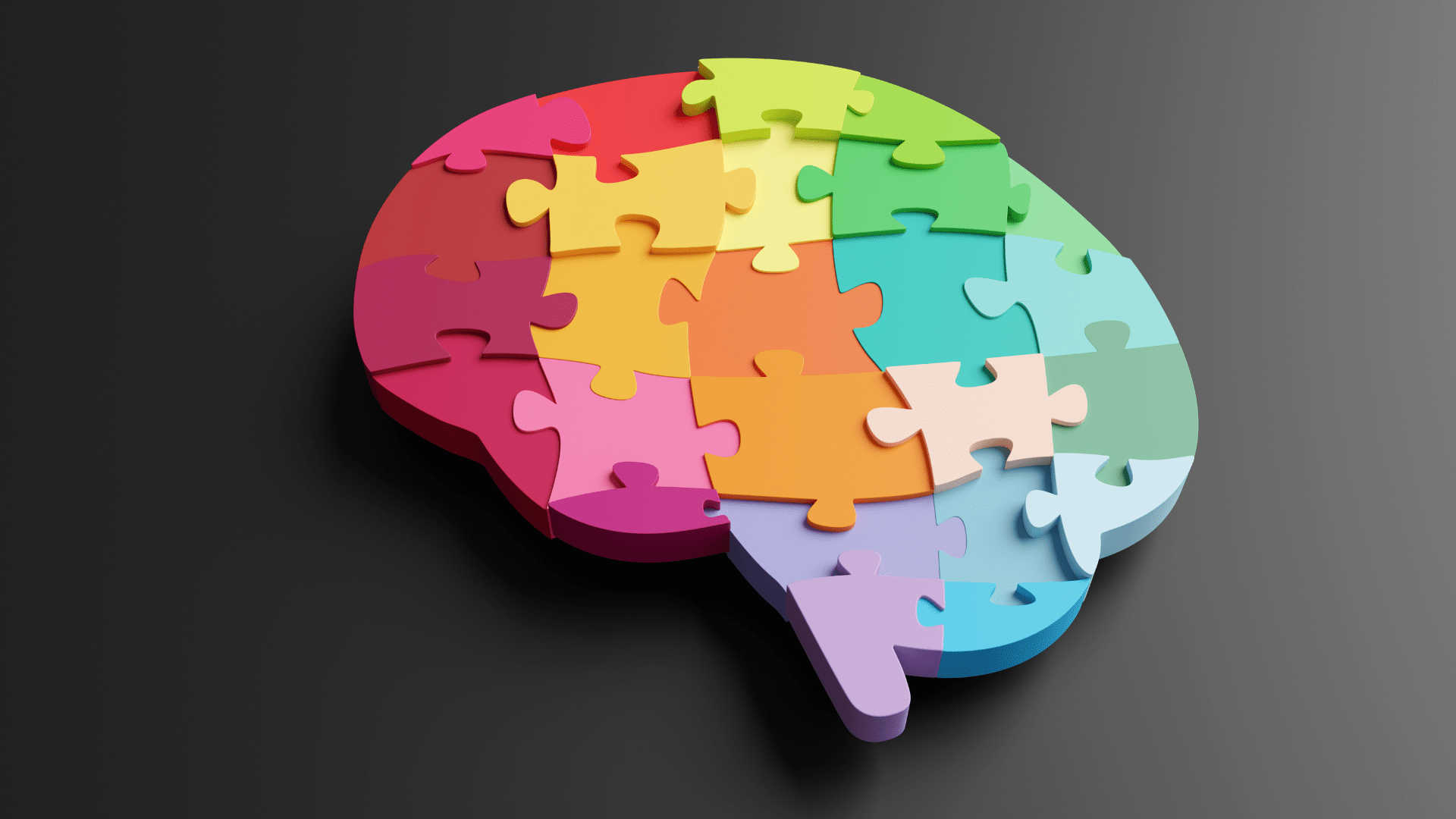
Meeting Dr. Stephanie Holmes
As part of our Read and Renew Summer Program, we’re spotlighting a voice filled with both wisdom and lived experience: Reverend Dr. Stephanie Holmes. She's a counselor, speaker, author, and mom who knows the real-life ups and downs of raising and loving neurodiverse family members.
Her first book, Embracing the Autism Spectrum, tells the story of her family learning, stumbling, and growing through autism and ADHD. It’s written with her husband and daughters, and includes a free downloadable workbook that offers thoughtful questions and reflections for readers who want to go deeper.
Her newest book, Uniquely Us, focuses on marriage and how couples can support each other when their relationship includes different ways of thinking or communicating. It’s heartfelt, honest, and full of hope.
What Does Neurodiversity Mean?
Dr. Holmes explains neurodiversity as a difference in how the brain is wired—not something broken, just different. It includes conditions like autism, ADHD, dyslexia, and more. These differences often affect how people think, feel, learn, and interact with others.
You may also hear the term “neuro-spicy,” which is a light-hearted way some people describe brains that don't fit the typical mold. It’s a fun reminder that uniqueness is something to be valued, not hidden.
The Special Challenges of Neurodiverse Families
Parenting in a neurodiverse home is a beautiful mix of learning curves, deep love, and real challenges. Some days, it feels like you’re managing three different worlds. One for your child, one for your spouse, and one for yourself.
You might be calming a child who’s overwhelmed by sounds while trying to talk to a partner who doesn’t process emotions the same way you do. It’s a lot. And let’s be real, it can feel lonely.
But when we name those challenges honestly, we stop blaming ourselves. We stop carrying guilt. And that opens the door for grace.
What Grace Looks Like in Real Life
Dr. Holmes is the first to say that grace doesn’t fix everything overnight. But it changes the tone. It shifts the mood in the home. It’s that space we offer when things are messy and imperfect.
In a neurodiverse family, grace might look like:
- Taking a break when emotions are running high
- Noticing when your child or spouse tries, even if it’s small
- Listening with curiosity, not control
- Saying out loud, “This is hard, but we’re okay”
In her own journey, Dr. Holmes admits she spent a lot of time chasing answers. Books, conferences, checklists, plans. As a licensed professional counselor, she wanted to get it right. But all that effort sometimes got in the way of simply connecting with her child.
"I was so into fixing the problem, I missed the relationship,” she shared. “Eventually, I had to slow down and just breathe.”
The Brain Science Behind Grace
There’s powerful science behind grace, too. When we pause, name what’s hard, and respond gently, our brains begin to shift. This kind of emotional safety activates what researchers call the “relational circuits”—the parts of the brain that help us connect, empathize, and stay present with others.
On the flip side, when stress takes over, those circuits shut down. We go into survival, or what we at Life Model call "enemy" mode. Fight, flight, or freeze. That’s why slowing down, making eye contact, or even offering a kind tone can help bring everyone’s nervous system back to calm.
Over time, those small moments of safety and connection build stronger bonds in the brain and in the family. You’re literally helping your loved ones grow in their ability to relate.
Grace, then, isn’t just a nice idea. It’s a brain-based tool that makes connection possible.
Three Grace-Filled Tools You Can Try
Here are a few simple things you can start doing today:
1. Pause and Name What’s Hard
When tension builds, stop for a second. Take a breath and say, “This feels tough right now.” That pause can help calm everyone.
2. Celebrate the Small Stuff
Don’t wait for big milestones. Did your child stay at the table longer? Did your partner try to listen instead of solve? Say it. Celebrate it.
3. Stay Curious
Ask open-ended questions like, “What helps you feel safe?” or “How can I support you today?” You’re not prying, you’re connecting.
Reflective Questions for the Week
Want to practice grace a little more this week? Try sitting with these questions:
- How might God be inviting me to show grace in our home?
- What small win can I celebrate today?
- How can I stay curious about what my child or partner needs?
Joy in the Background
One simple but powerful tool Dr. Holmes uses at home is what she calls the “Joy Channel.” It’s a digital photo stream they keep playing on the TV—filled with happy memories, silly faces, and family adventures that spark joy.
When the day feels heavy or stress creeps in, her family can sit together and just enjoy the reminder: we’ve had good days before, and more are coming.
They also created a “Peace Channel,” with calming nature scenes and soothing visuals. These quiet rhythms help reset the brain and invite calm into their space.
Grace Grows Slowly, but Surely
Dr. Holmes reminds us that grace is a long game. Parenting and partnering in a neurodiverse home isn’t about having the perfect strategy. It’s about building trust, one moment at a time.
Some days will feel heavy. That’s okay. You’re allowed to rest. You’re allowed to not know. You’re allowed to just be.
“There’s no exclusion clause in God’s promises,” Dr. Holmes says. “He has good plans for you and your family—even on the messy days.”
Want to Learn More?
Read Dr. Stephanie Holmes’ books:
- Embracing the Autism Spectrum with free workbook at holmesasr.com
- Uniquely Us: Gracefully Navigating the Maze of Neurodiverse Marriage
Explore more tools, counseling info, and resources at: holmesasr.com
You are not alone. There is joy ahead. And grace, always grace, for every step.


